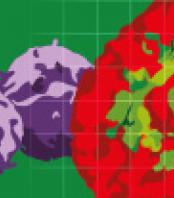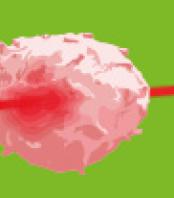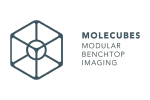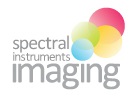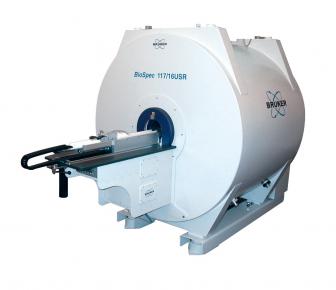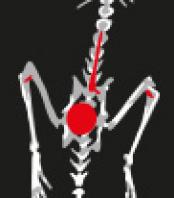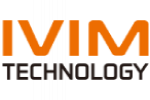Pancreatic cancer has a remarkably high mortality rate, primarily due to late detection of the disease (Siegel et al. 2016). Therefore, efforts to reduce the incidence of pancreatic cancer may provide significant benefit in people at risk of developing the disease. Obese and diabetic individuals are known to have an increased risk of pancreatic cancer (Bardeesy et al. 2002).
Therefore, this study sought to determine whether aspartame or stevia, two commonly used artificial sweeteners, provide benefit in mice with pancreatic cancer. Lead author Dr. James Dooley and colleagues at the University of Leuven in Belgium published their paper entitled, “No Effect of Dietary Aspartame or Stevia on Pancreatic Acinar Carcinoma Development, Growth, or Induced Mortality in a Murine Model,” in Frontiers of Oncology in February of 2017.
The role of artificial sweeteners in cancer risk remains controversial (Tandel 2011), with some studies proposing anti-tumor effects while others purport carcinogenic properties of these chemicals. “With strong links to diabetes, glucose consumption and obesity, pancreatic cancer remains one of the strongest candidates to detect an oncogenic role, either promoting or suppressive, of artificial sweeteners,” the authors begin.
In order to test the potential role of these artificial sweeteners in pancreatic cancer disease progression, the authors allowed mice to drink water with or without aspartame or stevia present. The researchers used a Bruker Biospin 9.4 T Biospec small animal MR scanner to perform magnetic resonance imaging (MRI) in order to locate tumors in the mice and follow their progression over time.
Read more
